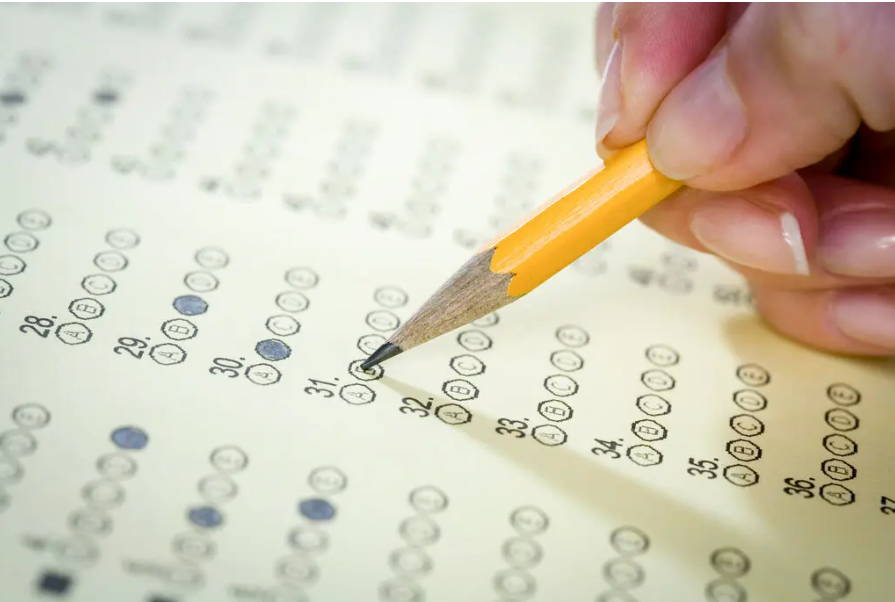Lilit Chilingaryan (11) | STAFF REPORTER
Universities are intellectual institutions of research and higher learning that must implement selection processes to ensure the most academically inclined, prepared students are accepted. As a part of the submissions, many universities in the US require one’s SAT test score in addition to the GPA, supplementary application, admission essay, etc.
The SAT is a standardized test consisting of a reading comprehension section, math section, and optional essay. This test, meant for high school students planning for university, objectively tests students on a standardized basis. However, there is the question of its reliability and necessity. In the modern world of university applications, how reliable are SAT results, and are they the most accurate representation of applicants?
Firstly, the SAT functions as a standardized test that measures the competency of students on a universal, fair level. The purpose of such tests is to supplement a student’s academic representation, not leaving it only to the subjective judgments of teachers who differ greatly in their marking criteria. Different schools have varying standards for their students and judge them based on different criteria and expectations; one student’s 95% may equal another’s 85%. It’s like comparing the cost of items that are priced in different currencies. Therefore, to add an additional and ostensibly more accurate parameter, students take the SAT.
From this perspective, the SAT is a reasonable and necessary part of the solution to properly and fairly represent a student’s academic performance, achievement, and competency.
However, there is also the other side of the argument. The SAT may be a standardized assessment that provides an easy, fair way to compare students, but is it right to use a mere test in assessing a student’s suitability for a university program? Can a general test show which students are best suited and prepared for university life or for the content matter of the program?
Getting a high score on a written test is not an indication of a student’s good work and study habits, nor does it show how well a student grasps their course material. It is in no way an accurate predictor of their success.
As true as that may be, it does not uphold the SAT’s ineffectiveness. Though success on the SAT does not reflect a student’s work ethic or ability to handle a university-level workload, it gives insight into their ability to think and learn at a higher level. Other variables in an application can showcase the student’s skills and habits; the SAT is not meant to be comprehensive. It complements their GPA by showing what they truly have learned, in terms of both content and comprehension. Where the GPA may be subjective and distorted, the SAT score can compensate to align the representation of the students competence. Generally, it gives a well-rounded perspective.
Yet there are other problems facing the SAT, and other standardized tests. Many universities in the US, during and after COVID-19, removed test scores from their admission requirements. The results have gained attention and favor as the removal has solved previous problems that standardized testing had posed.
Students from higher incomes have higher scores on the SAT than those from low income backgrounds as they are able to afford tutoring, test preparation, etc. This gives high income communities a privilege, and dampens the chances for everyone else, especially those from marginalized ethnic groups.
Of course, this is indeed a harmful downside of such tests. However, it seems that despite the downfalls, the SAT is still justified in being implemented and considered in applications as a standardized assessment that can shine light onto a student’s competency. One’s SAT score, it must be said, is not a comprehensive nor elaborate indicator of one’s abilities, nor a predictor of success.
Considering the SAT’s purpose, its drawbacks, and role in university applications, it can be concluded that it is a reliable measure that can be considered as a part of one’s application. Of course, it is not an entirely accurate measure or reflection of a student’s academic merit, but it can supplement the factor in a student’s application that is nowadays quite unreliable (the GPA). Universities should definitely keep them in mind, but they should not be weighted too heavily as students are much more than a mere score.


